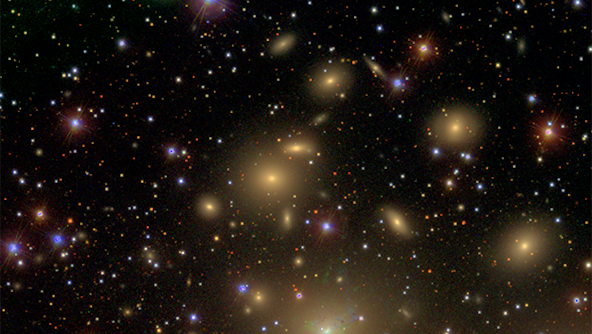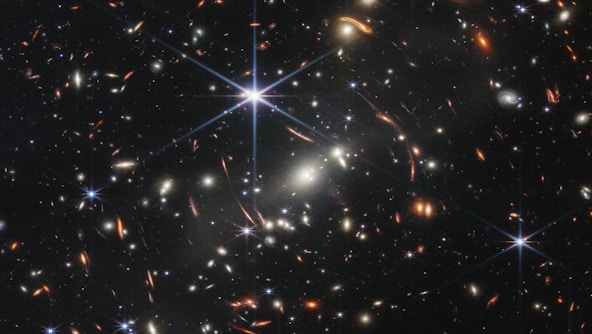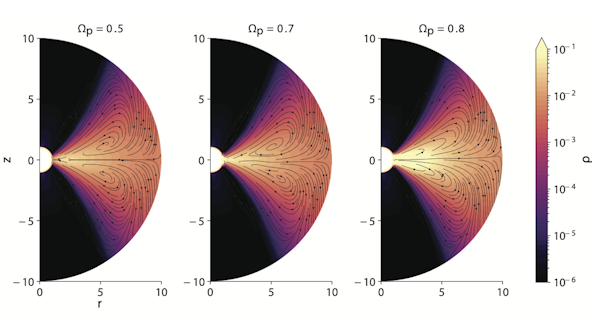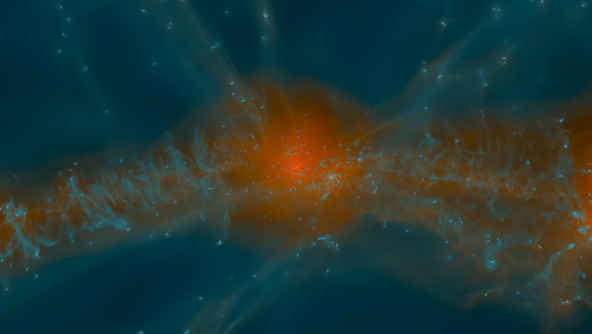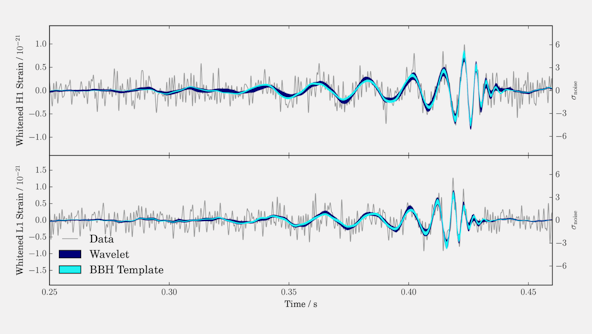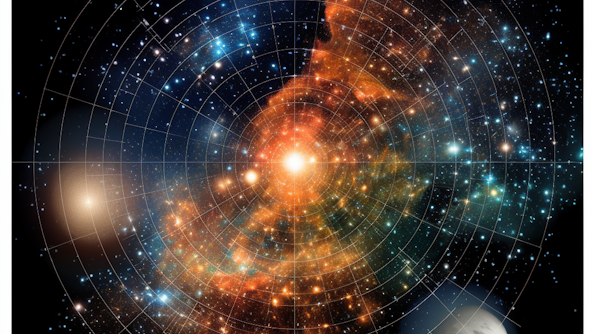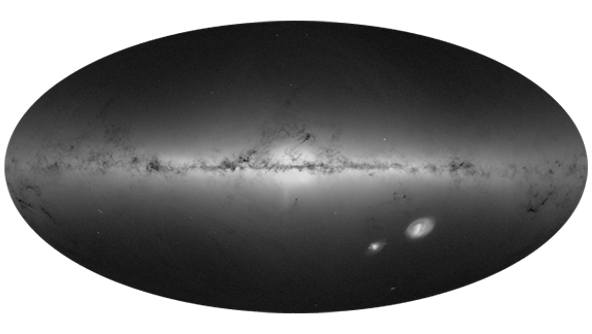linkedin
reddit
search_black
sharethis
Astronomical Data
The Astronomical Data group develops, maintains and propagates advanced methods and open-source tools for the astrophysics community, especially for building probabilistic models, discovering sources in noisy data and making precise measurements. It builds these methods and tools by carrying out in-house data analysis projects that answer important scientific questions. It also hosts events and workshops that are designed to create new data analysis opportunities for members of the astronomical community.
CCA
Cosmology
Researchers at the Center for Computational Astrophysics (CCA) stand at the forefront of advancing our understanding of the universe by melding cutting-edge machine learning and data science techniques with profound cosmological inquiries. In an era where cosmology is undergoing a transformative shift, this group spearheads the development of pioneering algorithms and innovative conceptual frameworks that are tailored to the increasingly complex cosmological datasets. Harnessing the collective power of ground-based and space-based telescopes furnished with progressively sensitive cameras and instruments, researchers at CCA are at the vanguard of endeavors such as SDSS, Vera Rubin Observatory, Euclid, SPHEREX, HIRAX and Roman Space Telescope.
CCA
Exoplanets
Exoplanet researchers at the Center for Computational Astrophysics (CCA) study the origins and evolution of planetary systems around other stars, from simulations of their initial formation to observations of their present-day conditions.
CCA
Galaxy Formation
The Galaxy Formation group is developing the numerical tools and physical insights necessary to understand how galaxies form and evolve within a cosmological context.
CCA
Gravitational Wave Astronomy
The detection of gravitational waves from the merging binary black hole GW150914, followed by the (likely) binary black hole mergers LVT151012, GW151226, and GW170104, means the era of gravitational wave astronomy is upon us.
CCA
Machine Learning X Astrophysics
Machine learning is being increasingly integrated into scientific discovery to augment and accelerate research, helping scientists to generate hypotheses, design experiments, collect and interpret large datasets, and gain insights that might not have been possible using traditional scientific methods alone. Researchers at CCA is leading the wave of rapid development and adoption of machine learning techniques to enable and accelerate scientific discovery.
CCA
Nearby Universe
The Nearby Universe group studies the structure, growth and dynamical evolution of our galaxy and its neighbors. We use the nearby universe as a laboratory to constrain dynamical processes and the properties of dark matter. The group works at the interface between large observed and simulated datasets.
CCA
Stars and Plasma Astrophysics
The Stars & Plasma Astrophysics (SPA) Group is dedicated to developing the theoretical framework and computational methods necessary to investigate the life and death of stars, as well as the astrophysics of neutron stars and black holes. The group’s goal is to enhance our understanding of the physics of stars, their explosive deaths and the compact remnants they leave behind. To achieve this goal, we develop theoretical and computational models of stars and stellar explosions, as well as plasma in extreme conditions, that can be tested by new observations.
CCA
Advancing Research in Basic Science and Mathematics Subscribe to Flatiron Institute announcements and other foundation updates
We care about your data, and we'd like to use cookies to give you a smooth browsing experience. Please agree and read more about our privacy policy. AGREE DISMISS 